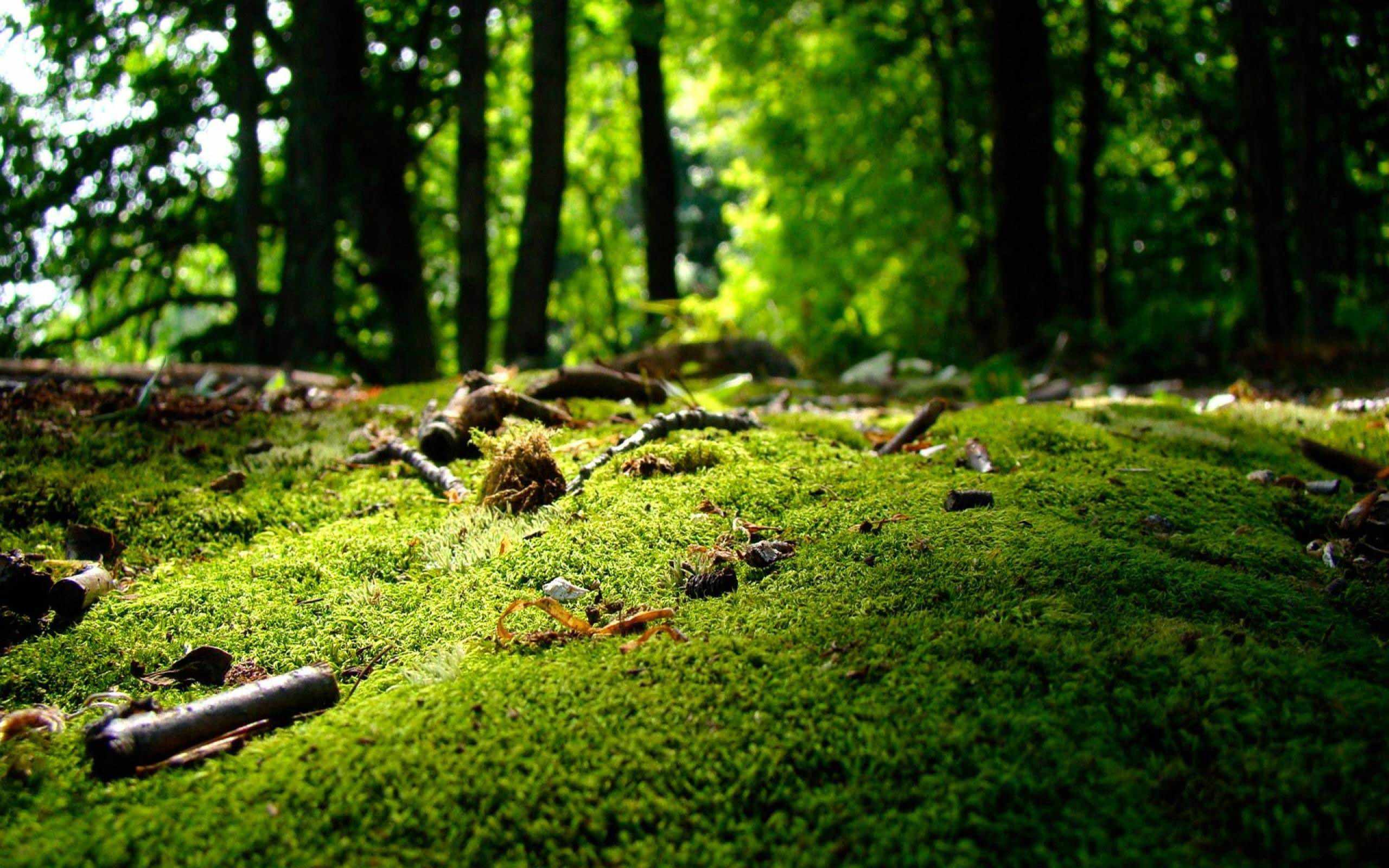Author:
Ava Qian
Short summary:
Human consumption endangering Earth ability to regenerate resources is before our eyes. It’s time to explore a different approach and imagine a different future if we still want to have one. Nature Education is not mainstream, but it reveals to be necessary to nurture people’s awareness.

THE PRICE OF “DEVELOPMENT”
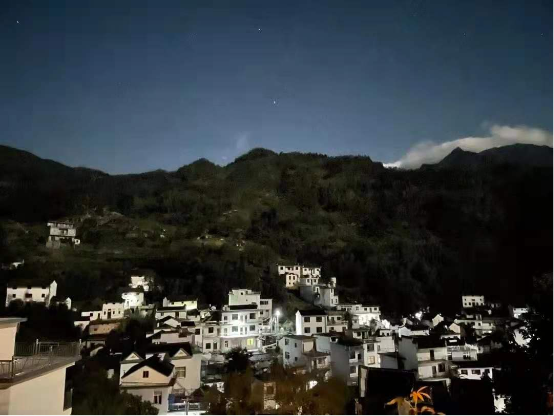
Another Summer is gone and with it its sunny days and clear sky nights. But the sky is less and less clear enough so that gazing at the stars composing the Milky Way at night is difficult to get to see them shine. It is one of the costs of being in the middle of a high-speed economy soaring process: people praise development claiming for more consumption, but such so-called “development” comes with ecological destruction.
As reported by WWF in 2020’s Living Planet Report: “Until 1970, humans’ ecological footprint did not match the ability of the Earth to restore its resources. Since then, things have changed. In the past 50 years, we consumed 56% of our planet’s wild population. But wildlife is not the only one affected by human actions: we are compromising our own health and life. Without even noticing, we are destroying our future: global warming, melting glaciers, aggressive viruses and violent weather phenomena are daily reminders of the reality we get closer and closer to. We cannot expect to get different results if we don’t try a different approach.
DISCOVERING NATURE EDUCATION
The first time I heard of “Nature Education” was in 2017. I bumped into an article online, shared in my feed, promoting a crowdfunding campaign for training young talents as nature educators. I was deeply attracted by this concept: “Let more adults and children go back to nature, evoke a sense of affection and responsibility towards nature, and plant a seed of love in their hearts through direct experience and action”, so I took the decision to try myself and explore this new field.
So, what is Nature Education?
A lot of people guess: “There is gardens and parks everywhere. Bringing children to take some fresh air and play in nature: isn’t nature education that simple?”.
Well, no.
Education is a social activity that is aimed at nurturing people. That is the definition we can find in the manual “The Principle of Pedagogy” as the essence of education. And this is what is easily missed: when we speak about “nature education” we tend focusing on “nature” while we should focus on “education”. So, nature education should achieve the goal of nurturing people, as well.
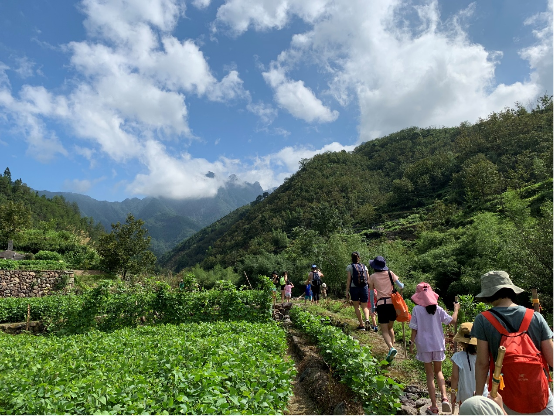
I think that Nature Education should help to connect people with nature by the means of experiential learning, which means studying by the direct experience of how things are interrelated in nature and acquiring related knowledge. Participants thus develop ecological intelligence (the understanding of the relationship between people and nature), interpersonal intelligence (the understanding of the relationship between people and people), and intrapersonal intelligence (the understanding of the relationship between the man and the self).
This is the way to build and nurture a love for nature that comes from the bottom of the hearth, especially in those who are willing and able to protect the Earth as our common home.

This is why Nature Education should reach to the big public, particularly to children:
Authentic experiential learning
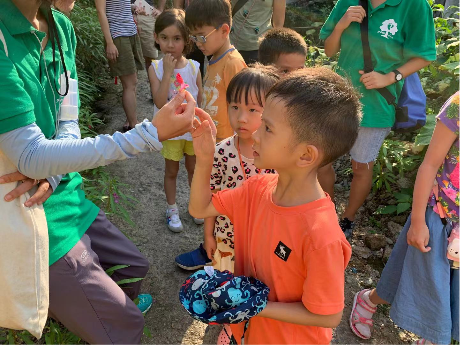
Contemporary society gives us access to information at a cheaper and cheaper cost. Kids, especially the ones living in big cities, are used to just google for whatever notion they want to know about on their portable device. This, that we might call “fast-food style knowledge” will hardly stuck deep in the children’s minds, and is not likely to build a connection between the actual object of learning: it cannot arouse sincere affection as it misses to stimulate all what a multisensorial observation can inspire, it misses the hands-on experience, and misses the value of learning by doing. On the contrary, all aforementioned are the actual advantages of nature education: only with direct experience you can move feelings; only when something moves your feelings you will reflect on it; only after reflecting on things you will really take action. Nature education is not about lecturing people, but instead is about exploring our common spaces and learning by doing.
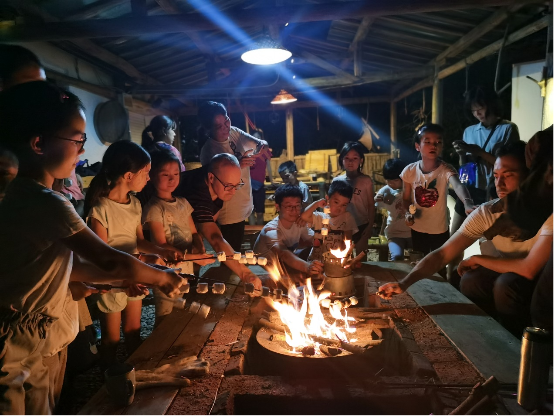
Establish an emotional connection with nature
People’s awareness is not awaken by empty slogans about nature protection. In Nature Education the system “emotion-consciousness-knowledge-action” puts “emotion” in the first place and that is not by chance. If birds’ chirping from the top of the camphor tree by your hous wake you up everyday, you will be much more deeply worried when bulldozers come threatening the habitat where they nest if compared with you only knew birds from illustration books.
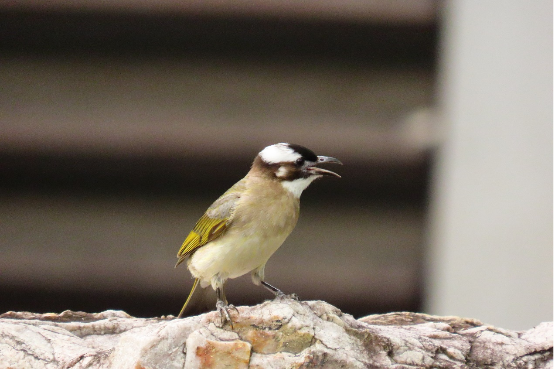
If theory is grey, the tree of life is always vivid and green. Consciously establishing an emotional connection with nature as a whole, building a system of self-awareness, understanding that human beings are part of nature and nurturing the sense of ownership over the environment: this is what nature education is about.
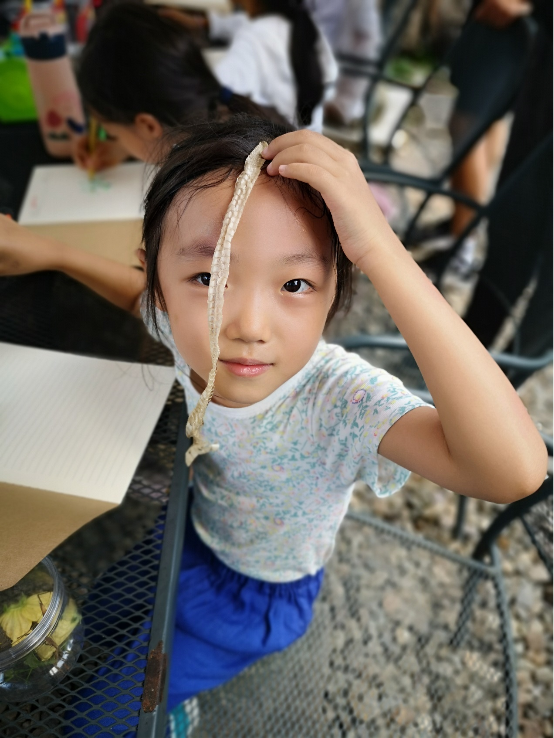
Exit your comfort zone, find courage and ways to solve problems
“You can say you hate rain or wind or snow: it makes no difference. Nature has nothing to do with human emotions. Rain will keep pouring, wind will keep blowing and snow will keep falling. But you can go through the rain, the wind and the snow, because if you are passionate about something, you will keep your passion and move on”
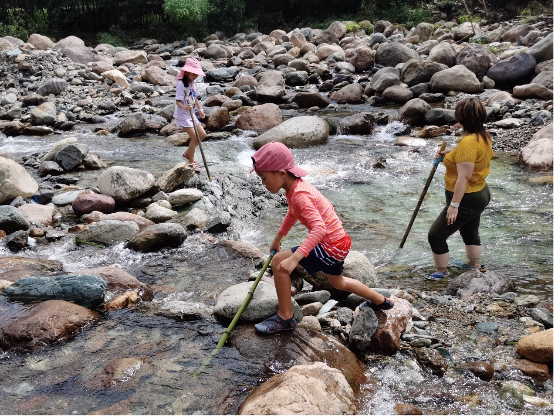
This is a quote by Tsuyoshi Sasaki, founder of the Kurikoma-kogen Natural Education Institute, whom I admire very much. Yes, men would have never progressed if they could only carry on when all environmental conditions are convenient. Taking that step that looked impossible, consciously choosing to try yourself outside the comfort zone, facing challenges, collecting the courage and the ways to solve problems: this is another important role played by Nature Education at shaping individuals’ characters and personal abilities. All of this comes from one and one thing only, the best entry point and the strongest driving force to know about the world: curiosity.
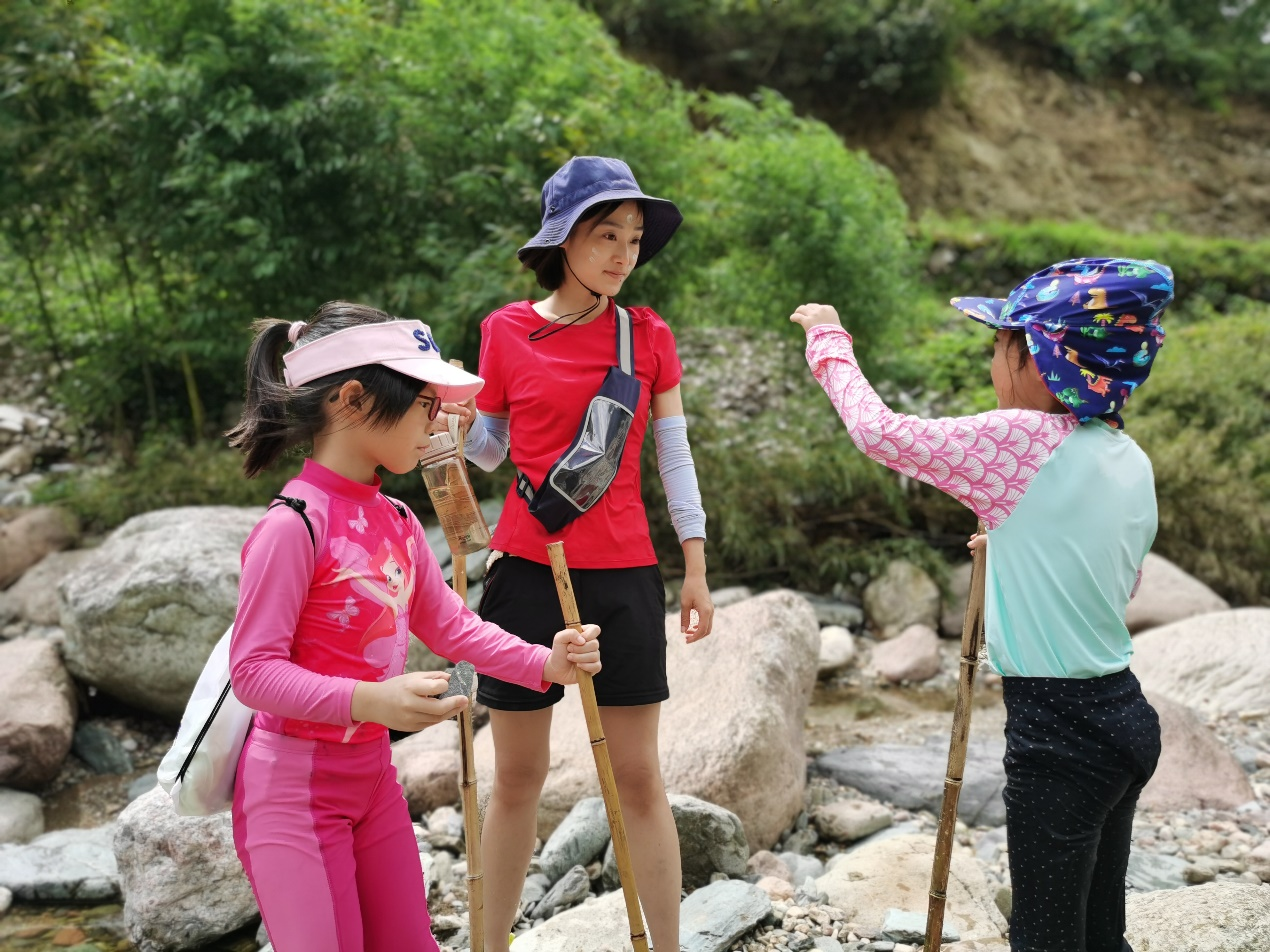
Nature is the best designer, and we hope that both children and adults can collect in their memories all those things they fall in love with and fill in their hearts. It can start from bird watching, catching insects or observing plants: passion for one of those things can open a little window for learning about nature in one’s heart. Maybe you will find our that this is not only an individual passion, but it can be more like a way to understand the value of biodiversity and discover about the world. A way that will bring constant joy in your path to the future, like a key that opens the heart, so that you can enjoy and undertanstand life.
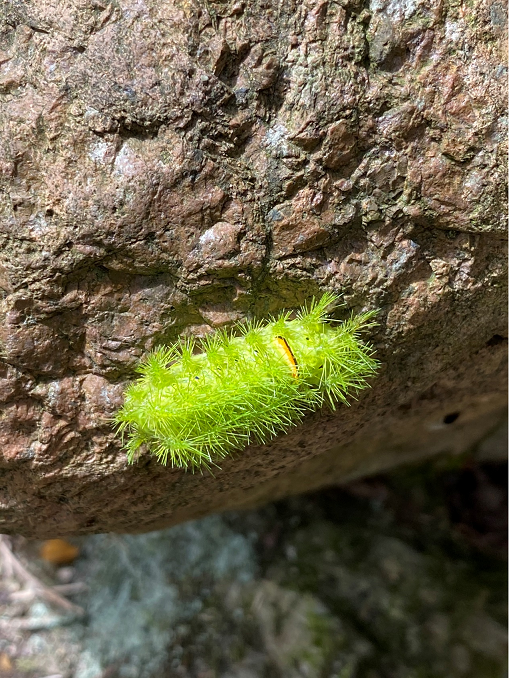
The purpose of Nature Education is not to turn children into encyclopedias, indeed. We hope that children joining our activities can really get to love nature from the bottom of their hearts, encouraging them to go wild, to explore and discover the secrets flying above our heads and crawling under our feet, to pay attention to colors, shapes and sounds around them, and to spend quality time with their parents.
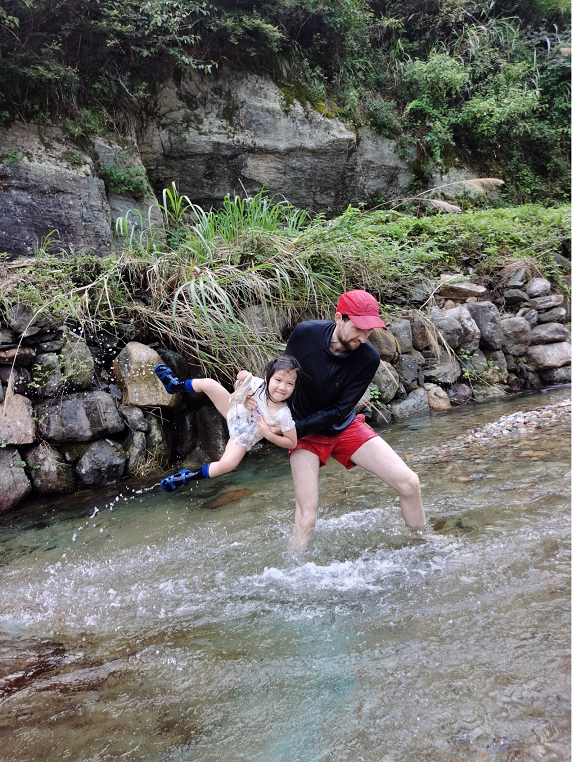
We really hope that the future of children’s childhood is not going to be made of videogames, theme parks and piano lessons or whatsoever. Our hope is that they can add to this some more real and beautifu experiences. Something that also requires a ”bridge” to connect people with nature. And that bridge is the joint effort of Nature Guides.




